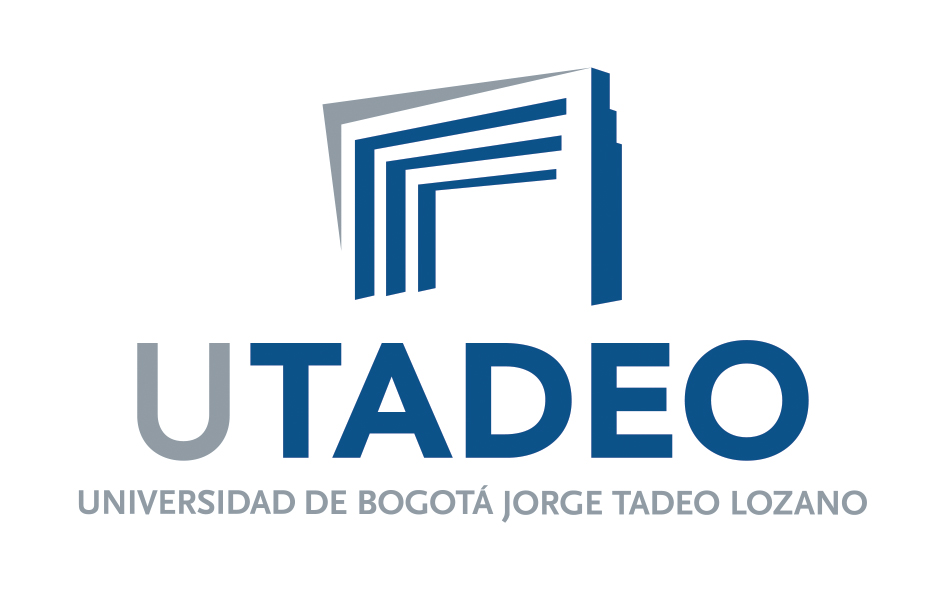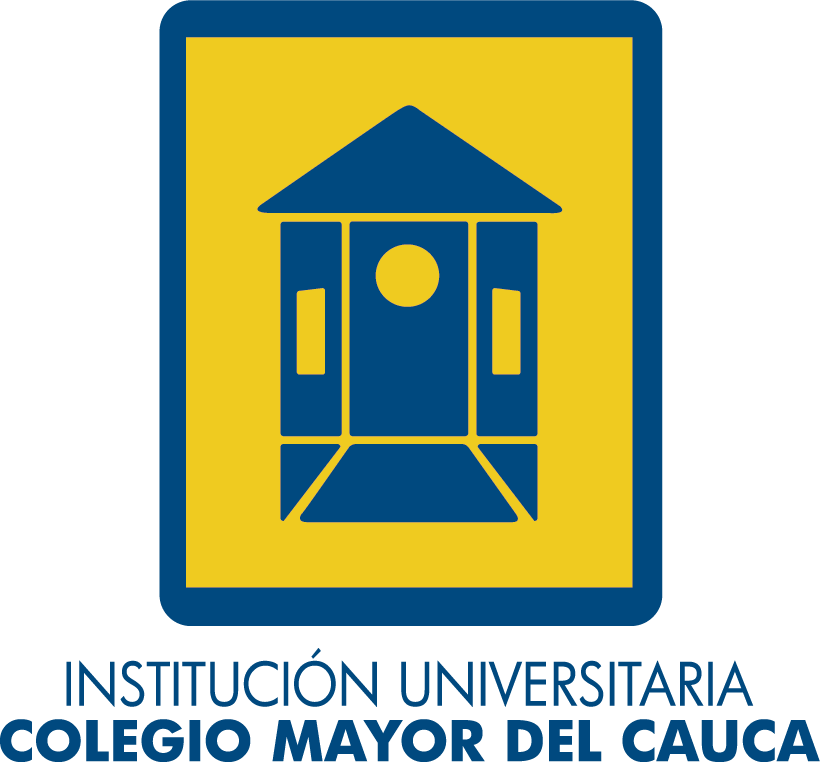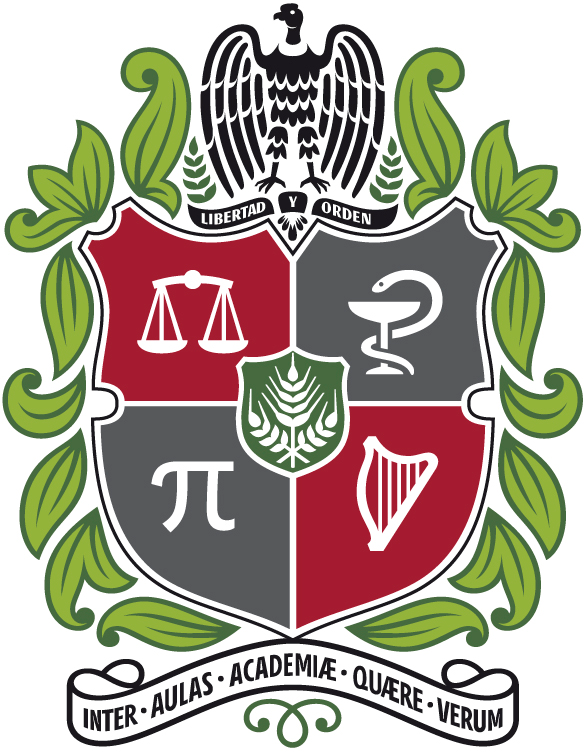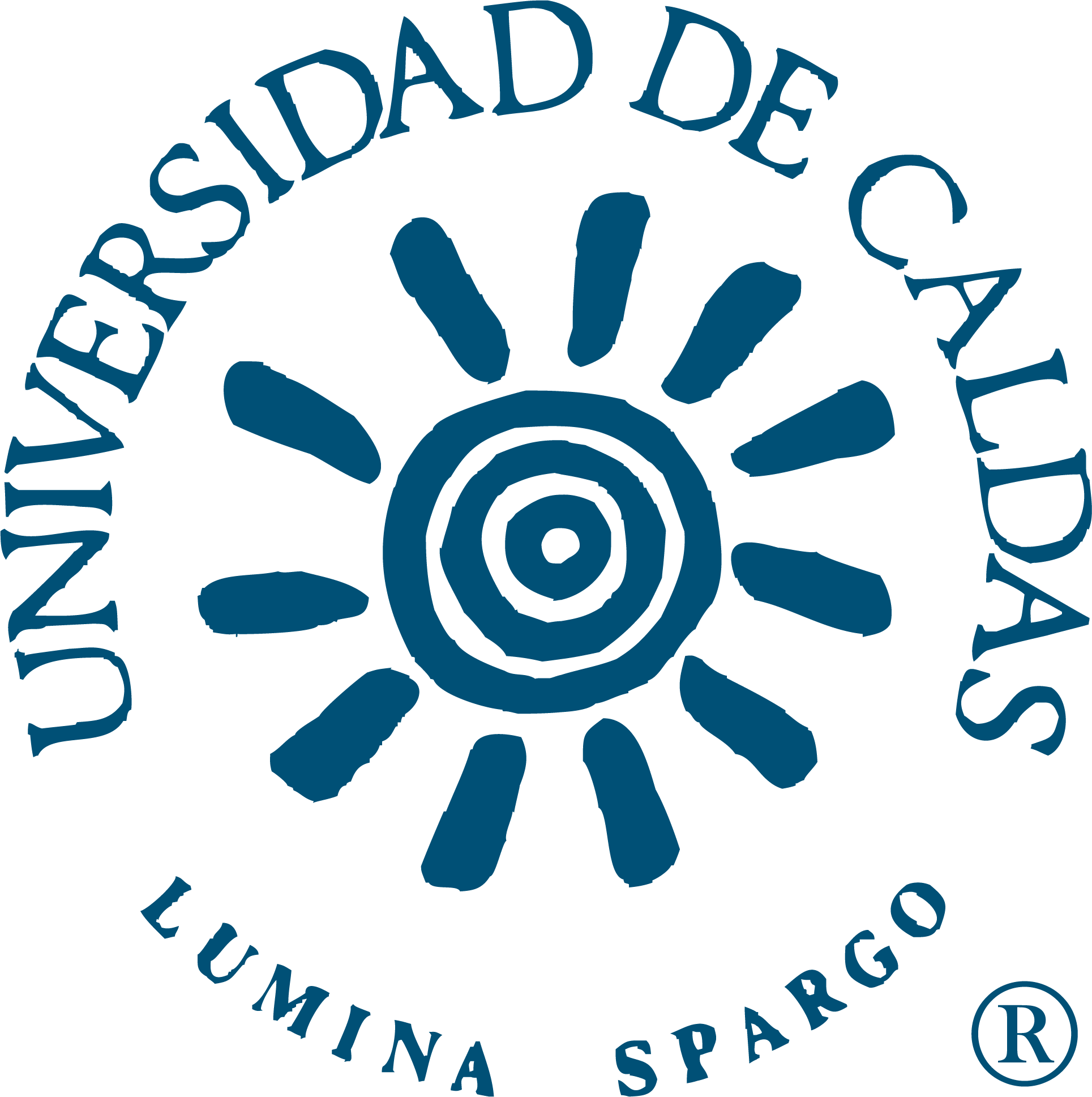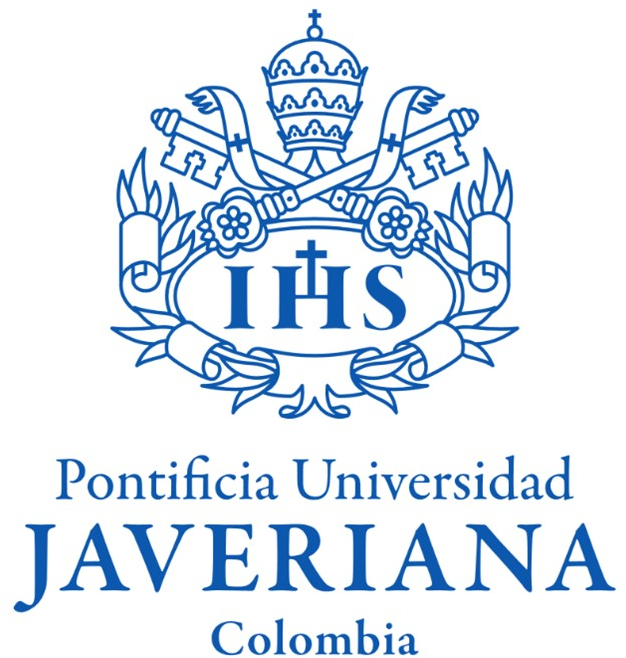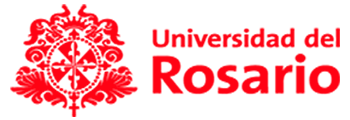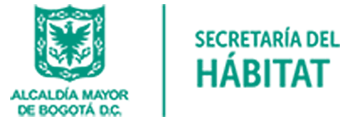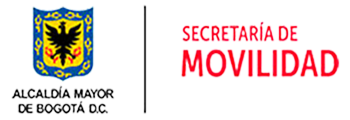- Pàgina d'inici /
- Sobre la publicació
Sobre la publicació
Focus i abast
El 1er Congrés internacional Ciutat i Territori Virtual (CTV) va ser a Barcelona, el 2004, concebut pel Centre de Política de Sòl i Valoracions (CPSV), com a lloc de trobada per a presentar desenvolupaments en models virtuals i eines de representació de l’entorn construït.
En el transcurs de les seves edicions, sense perdre el seu esperit inicial, s’han incorporat temes socials diversos, sempre amb incidència en els àmbits territorials i urbans.
Procés d'avaluació d'experts/ertes
En el procés de selecció dels treballs rebuts i revisió d'aquests, per a la seva acceptació i publicació es disposa, a més del Comitè de Redacció (Executiu), d'un Comitè Científic Internacional (tant Permanent, com en cada edició) compost per experts d'abast internacional i de les institucions locals, en cada cas.
Una vegada rebuts els treballs i realitzada, una primera verificació per part del Comitè Executiu, posteriorment aquests són sotmesos a revisió per parells cecs externs, en dues etapes; resum i ponència completa.
Política d’accés obert
Els treballs aquí publicats són el reaultat de les successives edicions del Congrés Interncaional Ciutat i Territori Virtual (CTV) i la seva publicació garanteix l'accés obert immediat i gratuït al seu contingut, basada en el principi de què oferir al públic un accés lliure a les investigacions científiques ajuda a un major intercanvi global de coneixement.
Història de la revista
El 1er Congrés internacional Ciutat i Territori Virtual (CTV) va ser a Barcelona, el 2004, concebut pel Centre de Política i Valoracions (CPSV), com a lloc de trobada per a presentar desenvolupaments en models virtuals i eines de representació de l’entorn construït.
En finalitzar el primer congrés, es va decidir continuar amb una trobada anual, de manera alternada a Europa i Amèrica llatina, comptant sempre amb el suport del CPSV de la UPC i de la Xarxa Internacional Arquitectura, Ciutat i Entorn, pensada com a plataforma de desenvolupament del congrés.
La seva segona edició va ser el 2005, a Concepción (Xile), a la Universitat del Bío-Bío. Després en 2006, a Bilbao, la Fundació Labein-Tecnalia, va organitzar la tercera edició i la quarta va ser el 2007, a Guadalajara i Puerto Vallarta (Mèxic), organitzada per la Universitat de Guadalajara, sota el tema “Re-pensar la ciutat.” La cinquena edició va ser el 2009, novament a Barcelona i va plantejar la recerca de solucions globals al problema del desenvolupament territorial-urbà, de cara a les transformacions del Segle XXI. Per això la convocatòria es va realitzar sota el tema “Estratègies de transformació i gestió de la ciutat; perspectives i noves tecnologies.” La sisena edició va ser al 2010 a la Universitat de Baixa Califòrnia, Mexicali (Mèxic) i les dues edicions següents van ser en països de llengua portuguesa; la setena coorganitzada per la Universitat de Coimbra i la Universitat Nova de Lisboa (Portugal) a Lisboa, en 2011 i la vuitena al 2012 a Rio de Janeiro (Brasil), organitzada per la Universitat Federal de Rio de Janeiro, sota el lema “Produir una nova Utopia Urbana; virtualitats, possibilitats i experiències.” La novena edició va ser el 2013, a Roma (Itàlia) organitzada per la Universitat Roma Tre, en base als conceptes de “Ciutat · Memòria · Gent” i la desena en 2014 a Monterrey (Mèxic) a la Universitat Autònoma de nou Lleó, sota el tema “Dispersió / concentració dels territoris urbans, a la llum de les tecnologies del segle XXI.” L'onzena edició va ser a Cracòvia (Polònia) organitzada per la Universitat Tecnològica de Cracòvia i l’Acadèmia de Ciències de Polònia. La dotzena edició, “Ciutats i Territoris Intel·ligents” va ser en 2018, a Mendoza (Argentina) organitzada per la Universitat Nacional de Cuyo. La 13a edició “Reptes i paradigmes de la ciutat contemporània” va ser a Barcelona, organitzada pel CPSV de la UPC i van participar més de 200 persones.
La 14a edició, de 2020, “Nous reptes en el desenvolupament contemporani de les ciutats”, serà a Bogotà i Cartagena d'Índies (Colòmbia), organitzada per l'Escola d'Arquitectura i Hàbitat, de la Universitat de Bogotà Jorge Tadeo Lozano (UJTL) i el CPSV de la UPC.


